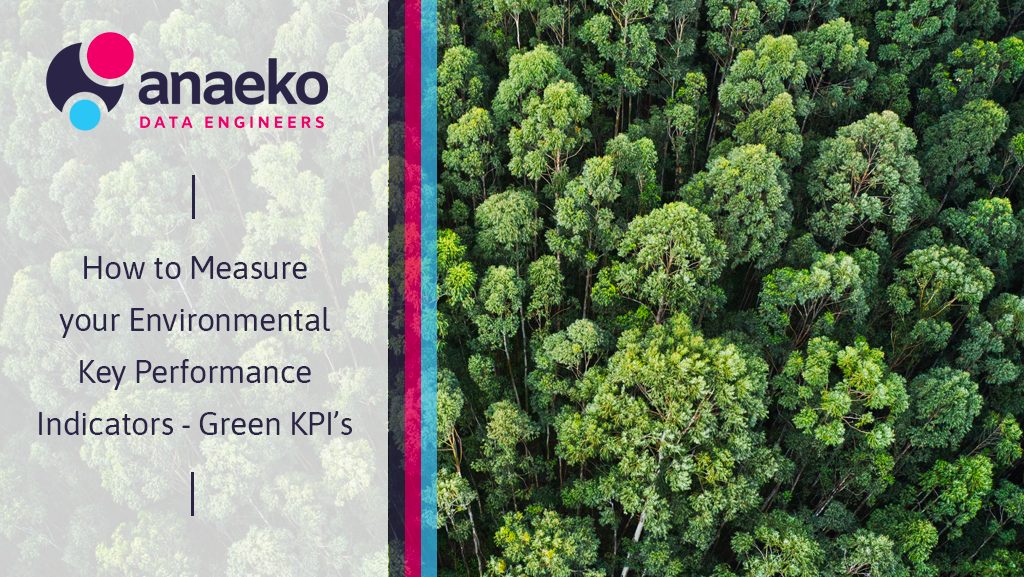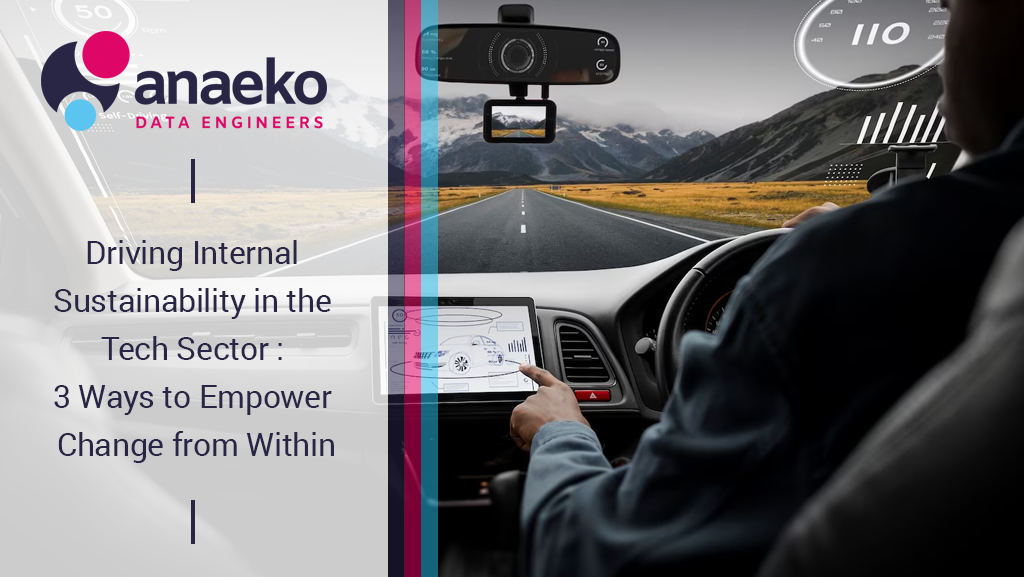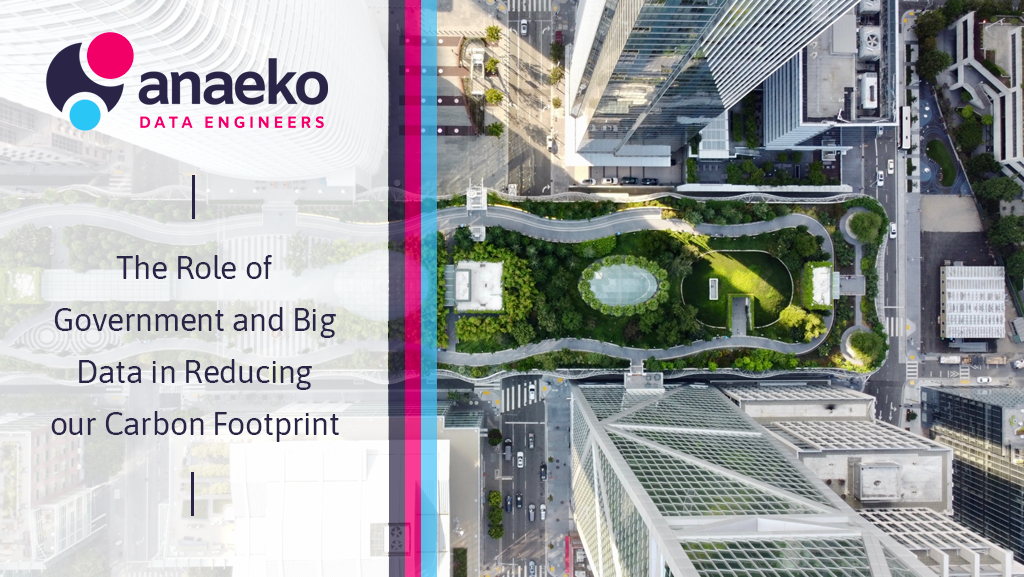
The implications of global warming and the sustainability of industries that consume significant energy and other resources have become more of a central concern in industrialised countries with global governments pledging to bring global energy-related carbon dioxide emissions to net zero by 2050. In order to reach net zero industries and companies will need to see where their most significant environmental impacts are, measure and report on them to communicate to stakeholders and ultimately work towards driving improvements. One way to do this is to define company wide environmental KPIs and manage environmental impact based on these.
Environmental Management Systems
Environmental Management Systems (EMSs) EMSs can be used by companies of all sizes as a means to improve their overall environmental performance. These systems will also provide useful information from a reporting perspective. The following types of certified EMSs can be implemented:
- The global standard ISO 14001
- The European Regulation EMAS (the EU Eco Management and Audit Scheme) and
- Businesses that wish to take a phased approach to implementing an EMS can follow the BS8555 process13
3 Environmental KPIs
Most companies will have 5-10 KPIs and many will already be recording data to calculate environmental KPIs. Applying this data to KPIs for measurement and recording will help work towards improving environmental impact but also overall company performance. Here are 3 environmental KPIs to add to your KPI reporting library:
1. Greenhouse Gases
Greenhouse gases (GHGs) are so called because they contribute towards the greenhouse effect. The greenhouse effect describes the natural phenomenon where certain gases in the atmosphere increase the Earth’s surface temperature due to an ability to trap heat. Greenhouse gases include Carbon Dioxide, Methane, Nitrous Oxide, and F-gases (Hydrofluorocarbons, Perfluorocarbons, Sulphur Hexafluoride). Every business is responsible for Greenhouse Gas emissions and must look towards greener ways of energy use.
Greenhouse gases can be calculated by estimated the amount emitted by usage then adjusted with conversion factors. For example calculating the kWh of electricity or heat to tonnes of CO2 emitted.
"Over 70 per cent of UK electricity is generated from fossil fuels" (Energy Statistics, http://www.dti.gov.uk/energy/inform/energy_stats/electricity/index.shtml). So businesses will want to monitor their electricity consumption and reduce this or look towards greener, renewable energy options.
Example KPI:
Greenhouse Gases
KPI-1.1 - Energy Use: Yearly consumption of directly purchased electricity in kWh, converted according to Defra Guidelines.
KPI-1.2 - Vehicle Fuel: Expense claims for petrol and diesel used by staff and MOT recorded mileage, converted according to Defra Guidelines.
2. Waste
There are 3 main processes for dealing with waste, landfill, recycle, and re-use. A significant proportion of waste is sent to landfill sites, which are closely regulated by the Environment Agency in the UK. Waste material is contained in specific cells where emissions such as methane, a greenhouse gas, and leachate are carefully monitored. It is more energy efficient to recycle waste and waste must be sorted before sending to recycling centres. The re-use of items is the best way to avoid it making its way to landfill for example re-distributing unwanted furniture, computers and food waste.
Waste arises from all business day-to-day activities with paper, cardboard, glass and food waste so this is a KPI that all business sectors can monitor to reduce waste consumption and reduce waste to landfill. Waste can be measured in weight over a period of time and broken down into percent of landfill, recycled and re-used.
Example KPI:
Waste
KPI-2.1 - Landfill: Volume of general office waste generated per annum, calculated by recording the number of bins and skips removed, converted to tonnes.
KPI-2.2 - Recycled: Volume of general office waste generated per annum, calculated by recording the number of bins and skips removed, converted to tonnes.
3. Water Usage
Water is essential to a healthy environment and is used across multiple sectors for the production of goods and services. "In the UK approximately a third of drinking water is abstracted from groundwater, whilst the remainder comes from surface water" (Groundwater research, https://www.bgs.ac.uk/geology-projects/groundwater-research/groundwater-resources-in-the-uk/). Around the world people are aware that water usage needs to be reduced or recycled in order to ensure its continual availability as a resource due to rising droughts, floods and storms that is making water management more difficult.
Example KPI:
Water
KPI-3.1 - Supplied water: Yearly consumption of purchased water.
These KPIs can be applied across multiple sectors from small medium enterprises to public sector and reporting bodies allowing each to communicate environmental performance company wide and ensure everyone is working towards business KPI goals and objectives.
The Digital Industries Carbon Footprint
Digital services and solutions are seen as a key component to tackling environmental impact through working from home, reducing traffic, reducing the need for printed documents, and allowing data to become more transparent therefore introducing new technology for smart energy systems.
But digital industries must consider their carbon footprint, with the above KPIs in mind, there are strategies that can be put in place, for example:
- Migrating to co-located data centres
- Consider Website Carbon Footprint - Website Carbon Calculator
- Consider service providers e.g hosting and data centre are they green?
- Correctly disposed waste from used hardware
How can Anaeko Help your Company or Government Department
At Anaeko, we're working to help create a better society through smarter data engineering.
Data Engineering for Environment. Make your life easier by partnering with Anaeko. From creating a more sustainable future to simply extending the breadth and depth of your development team. Anaeko data engineers have the expertise and experience to help you get where you're going with a full range of services, quickly - and with minimal stress.
Topics: Data Analytics, Government, Big Data, Environment, green, energy, net zero




